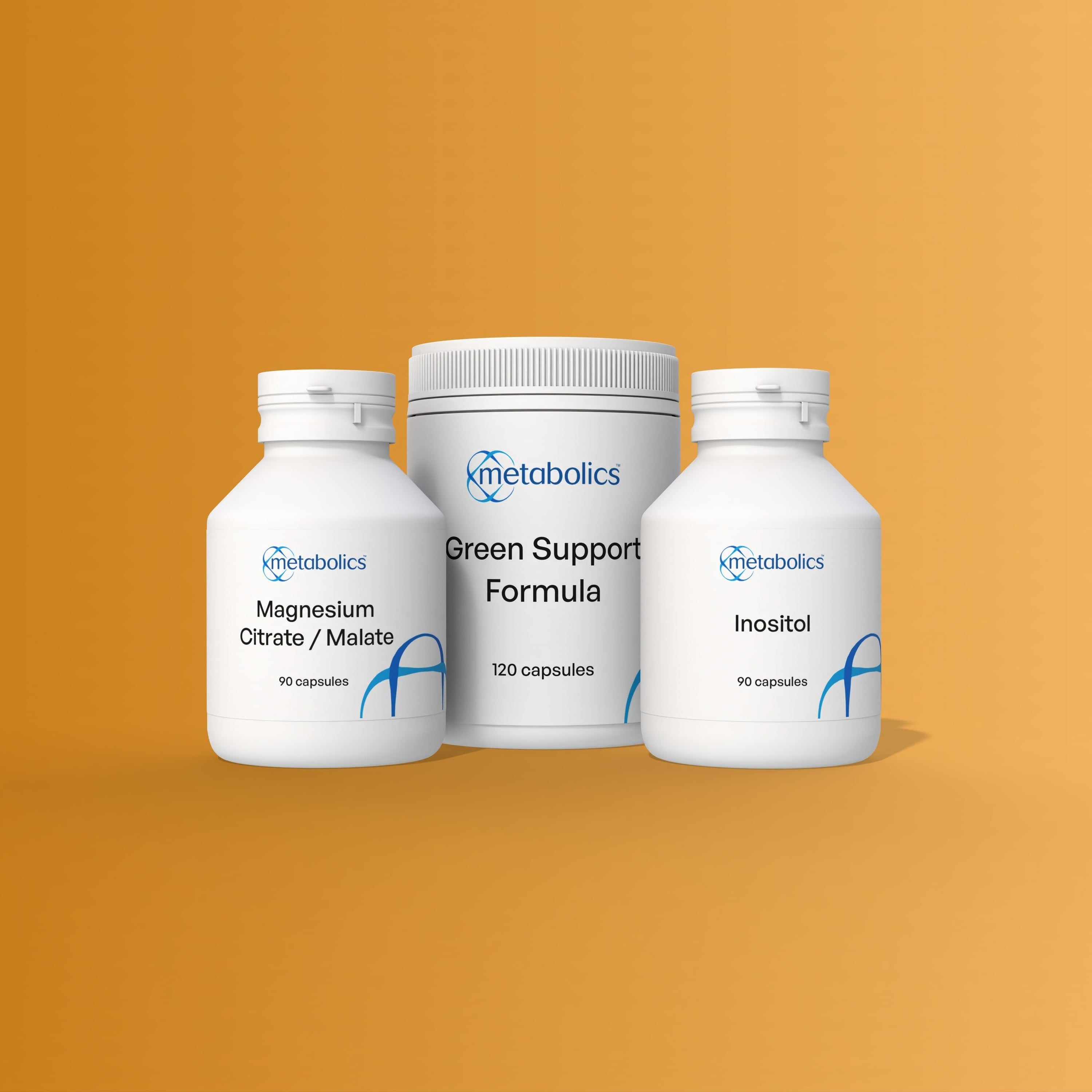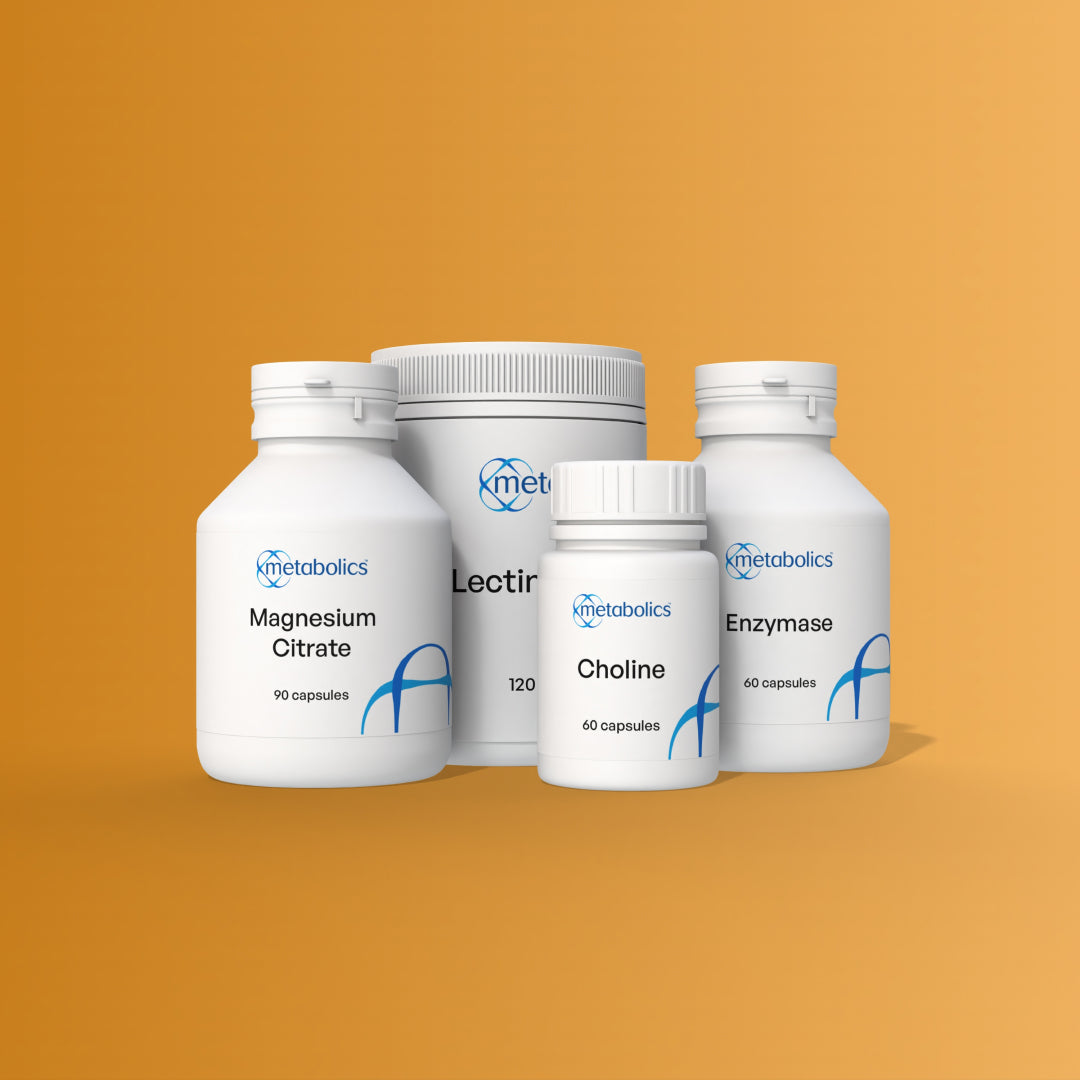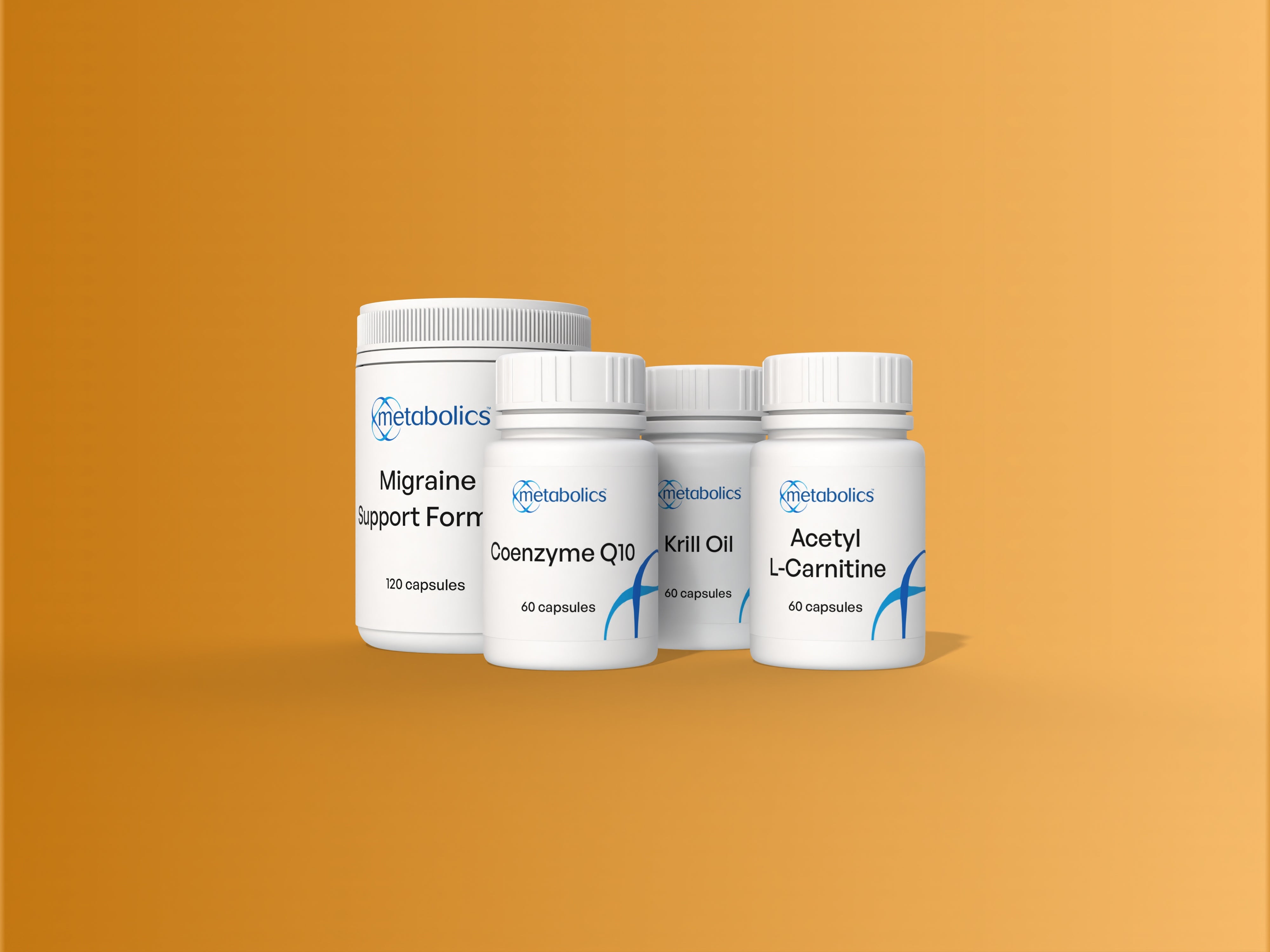It is an incredibly common misconception that PMS is normal. It isn’t.
In addition to implementing the below we strongly encourage having a look at our Premenstrual Support plan if this is something you struggle with to help get you symptom free as speedily as possible!
Yes absolutely a woman will feel slightly different in herself based on which of her reproductive hormones (oestrogen or progesterone) are the more dominant party at different times of the month, but this should be something she notices, not something that impacts her daily life.
Premenstrual symptoms such as mood swings, low energy, cravings, constipation and bloating are all indications that a woman is living out of sync with the systemic changes that occur when those hormone levels naturally evolve over each monthly cycle. So the simple strategy for banishing PMS for good basically involves learning how to mould daily lifestyle and dietary habits to the internal environment as it is at different times of the month.
Not only will this prevent PMS but also resolve hormonal migraines, period pains, irregular or very heavy cycles too. If constipation and migraines are particularly problematic for you consider using our Premenstrual Support plan with IBS-C or Migraine Relief.
A CHANGING LANDSCAPE

Each menstrual cycle starts with Day 1 of a woman’s menstrual bleed (period). The first half of the cycle (including the menstrual bleed) is termed the follicular phase, spanning from Day 1 to the midpoint (Day 12-16 depending on overall cycle length) at which point ovulation occurs. From ovulation to her next menstrual bleed we then have the luteal phase (including the premenstrual phase).
During the follicular phase oestrogen progressively climbs and is the dominant hormone, this then starts to decline in an undulating wave over the luteal phase whilst progesterone levels rise, making this the dominant hormone.
Natural characteristics of hormones
Oestrogen is our ‘mating hormone’. It increases sociability, body confidence, creative energy, motivation, and makes our cells more sensitive to the action of insulin (we find it easier to balance our energy levels).
Progesterone is our nesting hormone. It’s a natural sedative, makes us less sensitive to insulin, slows digestion, and can make us favour more homely social scenarios.
Which you can see creates a very natural two part picture for a woman’s monthly cycle. And if she happily tunes into that rhythm by adjusting what she’s doing socially, how she’s exercising, and how she’s eating then she will not notice any ill effects of that natural cycle.
If however there is a disconnect from that inner tune change, for example keeping the same exercise routine for the whole month, or a social calendar that continues irrespective of how she feels about being in busy situations or having to step up and perform, then we start to notice a cumulative strain on hormone and emotional health which will be displayed as the below when each of those hormones becomes more dominant. If this continues for a long period of time we can also see the relative abundance of those hormones change which is where situations such as oestrogen dominance, or hormone insufficiency (often leading to irregular or missing cycles) will arise.
Induced characteristics of strained hormones
Oestrogen starts to breed a sense of ‘hot’ energy. We see mood swings, increased irritability, decreased rationality in decision making, overthinking/rumination, water retention/bloating, cramps, heavy periods, and fibroids.
Progesterone comparatively triggers a cool/nervous energy with a sense of introverted anxiety, poor self/body confidence,social anxiety, fatigue, sweet cravings, constipation, bloating, and lack of mental clarity/brain fog.
To confirm, these symptoms are incredibly common as current living practices are totally detached from natural hormonal changes. The solutions to these issues however are incredibly simple, and if combined with our Premenstrual Support plan promise to provide a smooth sailing, symptom free cycle to all.
How to live in hormonal harmony
FOLLICULAR PHASE
- Caffeine - will be better tolerated during this phase however for overall hormonal health I would advise sticking to 1 cup of coffee or matcha/green tea daily, before lunch.
- If you like to train fasted in the morning, consider that you are layering on significant stress style pressure for your body to account for, this is where many women will find they just can’t shift that last bit of body fat however hard they try.
- If this is you consider adding MCT oil to your coffee or matcha (no milk), or having a small snack before training and then enjoying your caffeine alongside or after your breakfast instead.
- For those women who display strained hormone characteristics related to energy and mood swings this can be the key element to address.
- Overall diet - when oestrogen is higher women will happily suit a more protein and fat focused routine, usually also feeling less hungry than in their luteal phase too (unless overtraining throughout their cycle).
- Whilst energy levels are higher you still want to avoid pushing this too hard, making sure to support your system properly.
- A protein rich breakfast containing at least 35-40g of protein, 2 tablespoons of fat and 2 handfuls of non-starchy vegetables works really well for many. If adding in exercise do be aware of replenishing carbohydrate stores as well.
- Good examples would be 2 eggs + 70g cottage cheese, whisked together & cooked as an omelette with spinach and tomatoes, or wholegrain toast topped with salmon or sardines mashed with a spoon of olive oil, seasoning, tomatoes, capers or olives and rocket. Scrambled tofu on toast works well for those on a plant focused routine.
- Avoid high carb options such as porridge or overnight oats whilst trying to rebalance your hormones.
- Over the day avoid having caffeine or fruit between meals as these negatively impact our metabolism, preventing access to our fat stores for back up energy.
- If following a lower carb routine during the day make sure that at dinner time you include some form of whole grain carb or root vegetables to replenish your carb stores overnight and to support great sleep.
- Exercise - you can have a bit more explosive fun here! Naturally energy levels should indicate that your body is ready for a challenge so enjoy that.
- Running, spinning, HIIT, dynamic circuit and strength and conditioning style workouts are all great. Generally don’t do more than 2-3 per week however to allow the body to recover properly.
- On alternate days add in swimming, walking, yoga and pilates to balance explosive work with mobility and stability training.
LUTEAL PHASE
- Alcohol and caffeine - remove these during this phase. They counter the natural switch occurring as progesterone rises, will cause issues with energy and make sweet cravings worse.
- Due to the increased requirement for magnesium in the luteal phase many women will crave chocolate, so we advise switching a morning coffee or tea to ceremonial cacao. This unrefined antioxidant rich form of 100% raw chocolate provides a natural sense of stimulation whilst also offering that magnesium boost too.
- Combine 10-15g with hot water with or without milk and enjoy.
- Overall diet - a couple of main switches here to balance energy and also prevent the constipation naturally associated with rising progesterone.
- Avoid lots of raw foods and high insoluble fibre rich vegetables (broccoli, cauliflower, cabbage and kale). Instead, swap to cooked softer vegetables such as carrots, squash, courgettes, onions, leeks, aubergines, tomatoes and peppers.
- Increase carbohydrate intake at meals. Whereas during the follicular phase a diet more focused on protein, non-starchy vegetables and fats will be sustaining and satisfying, during this phase whole grain carbs, root vegetables, beans and pulses will be integral to prevent sweet cravings and low energy.
- Aim for a cupped handful per meal, choosing slow burning options like brown rice, wholewheat pasta/noodles & boiled potatoes with their skins.
- Try to limit snacking and leave 3 hours between dinner and going to bed. When digestive transit slows down we need to give the gut time and opportunity to complete its processes between periods of eating. This will prevent constipation and balance energy/hunger signalling by enhancing the quality of rest.
- Exercise - the focus here is quality of regular movement, we want to completely avoid physical exertion becoming an additional stressor for the body.
- Your top choice for cardio here is steady walking, preferably outside. If you want to add light wrist or ankle weights to this that is absolutely fine.
- Barre, pilates, yoga, and gentle bodyweight training are all perfectly fine as long as you don’t find they make you feel wiped out.
- Avoid running, spinning, HIIT, CrossFit and circuit training style workouts totally. If you regularly strength train and want to continue this simply drop your weights by 25% and swap and conditioning elements to a steady walk at the start and end of the workout to warm up and cool down.
Hormonal reworking is measured over 3 full cycles so implement these changes for 3 months, and watch that PMS disappear. This is of course never an exchange for personalised advice so if you are really suffering please do seek individual support.








